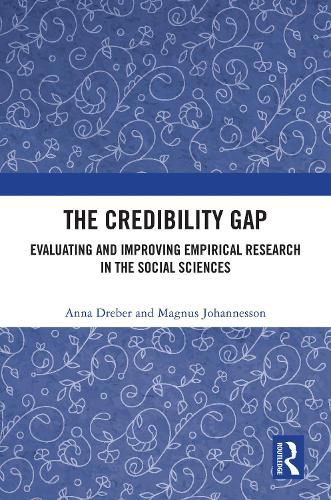Readings Newsletter
Become a Readings Member to make your shopping experience even easier.
Sign in or sign up for free!
You’re not far away from qualifying for FREE standard shipping within Australia
You’ve qualified for FREE standard shipping within Australia
The cart is loading…






This interdisciplinary collection explores student mobilities from the Global South, focusing on how class, ethnicity, and gender influence decisions, experiences, and outcomes in studying abroad.
Featuring post- colonial perspectives from Brazil, Indonesia, Ghana, and India, the collection highlights the unique challenges and opportunities faced by these students. It includes personal narratives that add a qualitative dimension, illustrating the individual agency and resilience of international students. The role of educational institutions and policies in shaping mobility is also addressed, including a discussion of how universities and governments create opportunities or barriers. Overall, this collection provides valuable insights into the interplay of class, ethnicity, and gender in shaping educational trajectories from the Global South.
By centering student perspectives, it examines national, transnational, and institutional factors that either promote or inhibit mobility. It will be of interest to students, lecturers, researchers, ministries, and NGOs working on higher education research and migration studies.
$9.00 standard shipping within Australia
FREE standard shipping within Australia for orders over $100.00
Express & International shipping calculated at checkout
This interdisciplinary collection explores student mobilities from the Global South, focusing on how class, ethnicity, and gender influence decisions, experiences, and outcomes in studying abroad.
Featuring post- colonial perspectives from Brazil, Indonesia, Ghana, and India, the collection highlights the unique challenges and opportunities faced by these students. It includes personal narratives that add a qualitative dimension, illustrating the individual agency and resilience of international students. The role of educational institutions and policies in shaping mobility is also addressed, including a discussion of how universities and governments create opportunities or barriers. Overall, this collection provides valuable insights into the interplay of class, ethnicity, and gender in shaping educational trajectories from the Global South.
By centering student perspectives, it examines national, transnational, and institutional factors that either promote or inhibit mobility. It will be of interest to students, lecturers, researchers, ministries, and NGOs working on higher education research and migration studies.